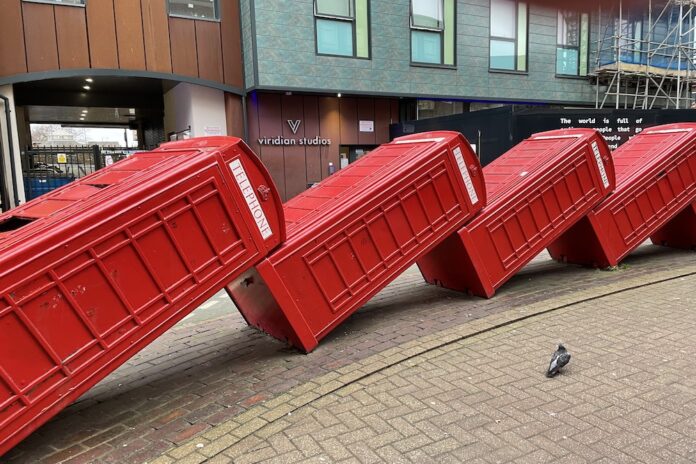Mobile supply chain Circular economy is deal breaker – report
A new trend is emerging in technology supply chains with the ‘circular economy’ increasingly likely to affect buying patterns, according to Gartner Research. April has seen two new developments in the new circular sector. Netherlands-based Flex lifecycle management specialist has acquired its German demo partner MKCL, while in the UK digital supply chain specialist Peak Technologies has launched a new scheme to boost refurbishment by simplifying the collection and management of mobile devices.
Both initiatives aim to boost refurb rates by widening the reach and channels of distribution. In a statement, Peak Technologies said its aim is to help companies to meet their Net Zero targets and corporate social responsibility obligations by simplifying corporate recycling.
According to Gartner Research the majority of supply chain professionals expect the emphasis on the circular economy to increase in the two years. However, many companies – in the UK especially – struggle to find a timely and simple solution to their electronic waste problems.
The path of the circular economy does not run entirely smoothly in Europe either according to Netherlands-based Flex IT, one of the largest European specialists in IT lifecycle management. Flex-IT has offices in France, Germany, Spain, Italy, Belgium, Poland, Sweden, Bulgaria and the UK. Buying MKCL gives it access to a demo service company, which helps it get buy-in from end users and sales partners and gets the wheels of the circular economy moving faster, according to Leon Timmermans, CEO of Flex IT.
“With the acquisition of MKCL, Flex IT takes another big step forward in its position as a circular service provider for [mobile tech] vendors,” said Leon Timmermans, CEO of Flex IT, “Flex wants to support companies in this transition and the acquisition of MKCL helps to make this ambition a reality.”
MKCL has 20 years of knowledge of the logistics, production and trading of tech hardware, and the rare, niche skills needed for ‘demo pool management’ which are increasingly in demand in the re-furb industry. “The acquisition will help MKCL to grow to its full potential [because] Flex IT is one of the largest circular IT organisations in the world,” says MKCL CEO Michael Frautz.
Meanwhile, UK-based mobile device distributor Peak Technologies, which specialises in digital supply chain, mobile workforce and retail handsets and gadgets, has evolved into the role of Net Zero enabler, according to UK MD Rene Schrama.
It started by providing maintenance contracts for the mobile computers, wireless networks and barcode printers it sold. Then it transpired that refurbishing old systems at its Chippenham facility tripled the gadget’s lifetime and cut carbon emissions by eliminating a lengthy trip to an Eastern European repair centre. Harvesting spare parts from obsolete machines and extracting metals and minerals expanded as a business activity, to the point where Peak processed tonnes of material in 2021. These activities had proved be too complicated and time consuming for clients to set up.
Peak Technologies has now set up a new incentive scheme to simplify the realisation of net Zero targets for tech companies. It gathers donated technology and organises for it to be wiped by a service company, Blancco, then arranges for it to be sold through The British Heart Foundation’s BHF ebay shop. Peak then commissions the planting of a tree through the HutGroup’s More Trees system. Peak Tech then does all the tricky sustainability accounting and certifies each customer on the amount of CO2 it has saved.
“At Peak Technologies, we have invested in our expertise to help our customers to enjoy the benefits of the circular economy,” said Schrama, “by partnering closely with our customers, we can together make a good contribution towards a more sustainable world.”



